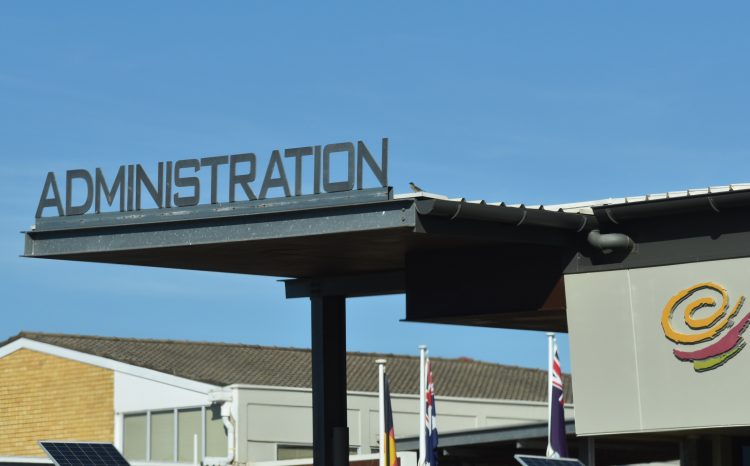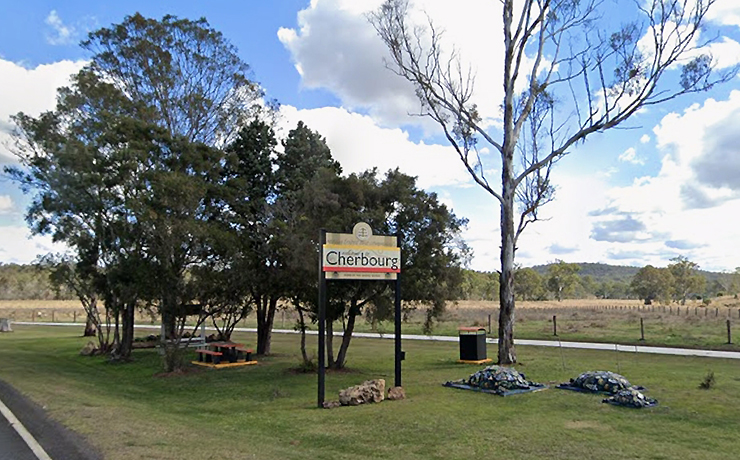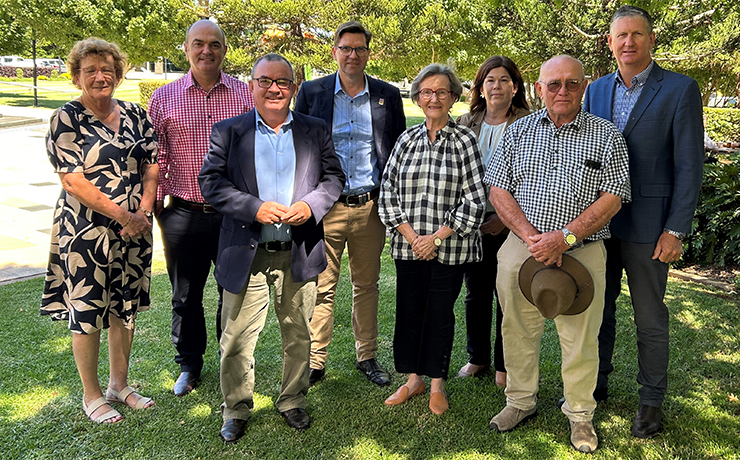
May 21, 2014
Farmers and graziers on rural leasehold land will benefit from greater security of tenure, reduced land rental costs, and better pathways to freehold title with the passing of the Land and Other Amendments Bill, the State Government said today.
Deputy Premier Jeff Seeney said the changes were part of a package of reforms to help Queensland’s primary producers.
“We committed at the 2012 election to support and grow agriculture as one of Queensland’s four economic pillars and these reforms help meet that promise,” Mr Seeney said.
“The passing of the Land and Other Amendments Bill 2014 means that graziers now have access to rolling term leases that deliver one of the most critical ingredients for agricultural businesses – long term investment certainty.
“Graziers can now confidently invest in their properties and businesses knowing their leases will be renewed on a rolling basis.
“This legislation also delivers on a key promise to reduce land rental costs for farmers and graziers and allow easier, more affordable access to freehold title.
“Labor allowed leasehold land rents to spiral and threaten farm profitability. Our government is reining rents in and easing the financial burden on rural leaseholders which will boost the sector, creating jobs and growing the economy.”
Natural Resources Minister Andrew Cripps said these were “common-sense” reforms.
“Leaseholders will now benefit from rolling term lease arrangements for agriculture, grazing and pastoral land including State forests and timber reserves, with a much quicker and simpler lease renewal process and minimal requirements for the roll-over of a lease,” Mr Cripps said.
“Rural rents for primary production term leases, licences and permits along with the annual cap on rent increase will all be halved (from 20 per cent to 10 per cent) and land rents for all primary production tenures will be calculated using annual valuations rather than the five-year average, providing much needed rent relief to industry.
“We are also providing a real opportunity for farmers and graziers to upgrade their properties to freehold title at an affordable rate.
“We’re delivering fairer and more realistic prices for those who consider the option to convert to freehold and businesses will have greater negotiating power with financial lenders and confidence to invest.
“For the first time, the freehold title cost will accurately reflect the State’s residual interest in the land, given it has often been leased for generations, and the lessees have been responsible for the cost of its ongoing management.”
AgForce CEO Charles Burkes said the reforms showed the government had listened to rural Queensland.
“For years lessees have raised questions about the overtly complicated lease renewal process and unaffordable rental calculation methodology,” Mr Burke said.
“Furthermore, under the previous structure for converting leasehold land to freehold, landholders were forced to again pay for properties they had already purchased and often spent millions of dollars improving over generations.
“AgForce presented the government with a range of evidence about the unsustainability of this structure and a range of alternatives to this and we congratulate the Deputy Premier and Minister Cripps on responding to the critical needs of the agriculture industry.”
Under the changes, lessees will still need to ensure the land is surveyed to the appropriate standard for freehold title and will be required to pay the market value of State-owned commercial timber on the land that is not reserved to the State under an agreement.
A lessee applying to purchase the freehold title of a term lease must also have addressed native title, including payment of any costs and compensation, to meet the requirements of the Commonwealth Native Title Act 1993.























